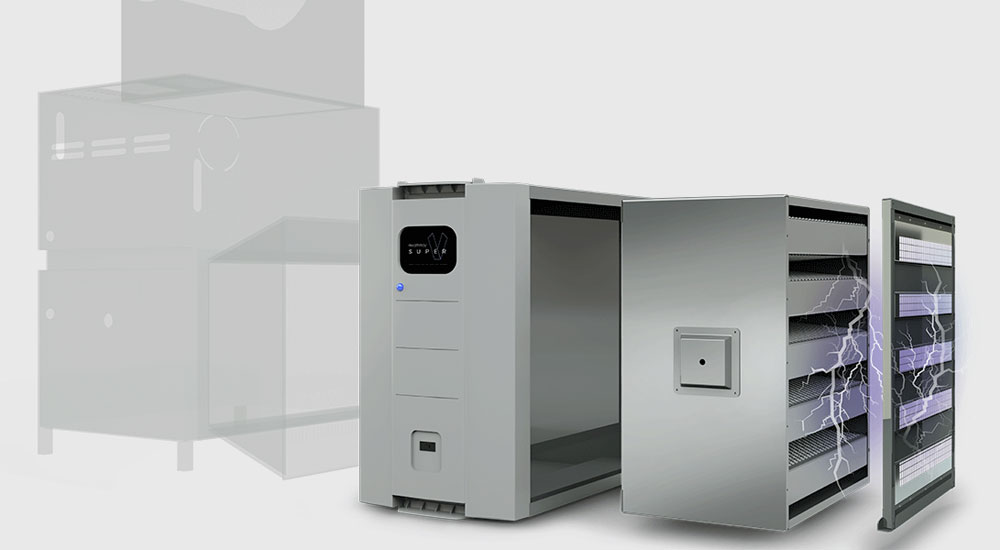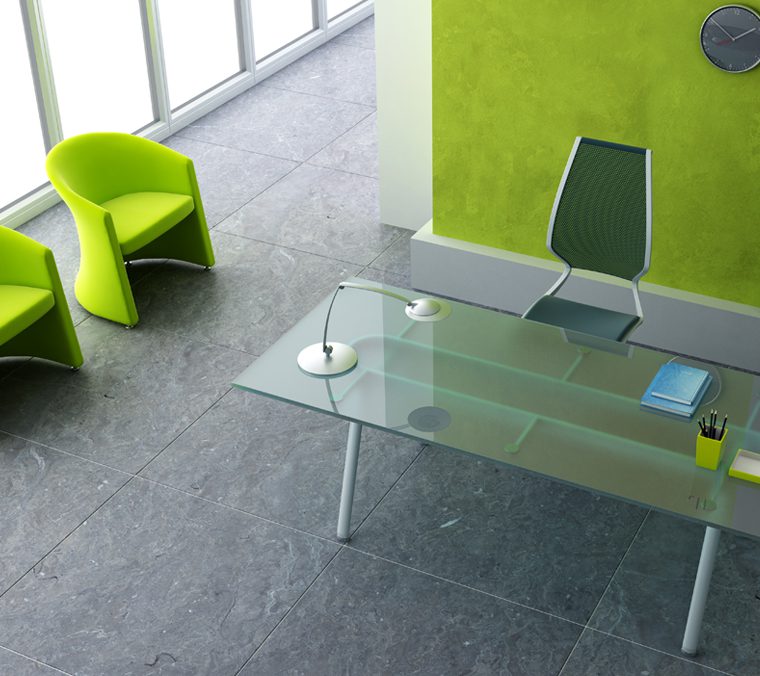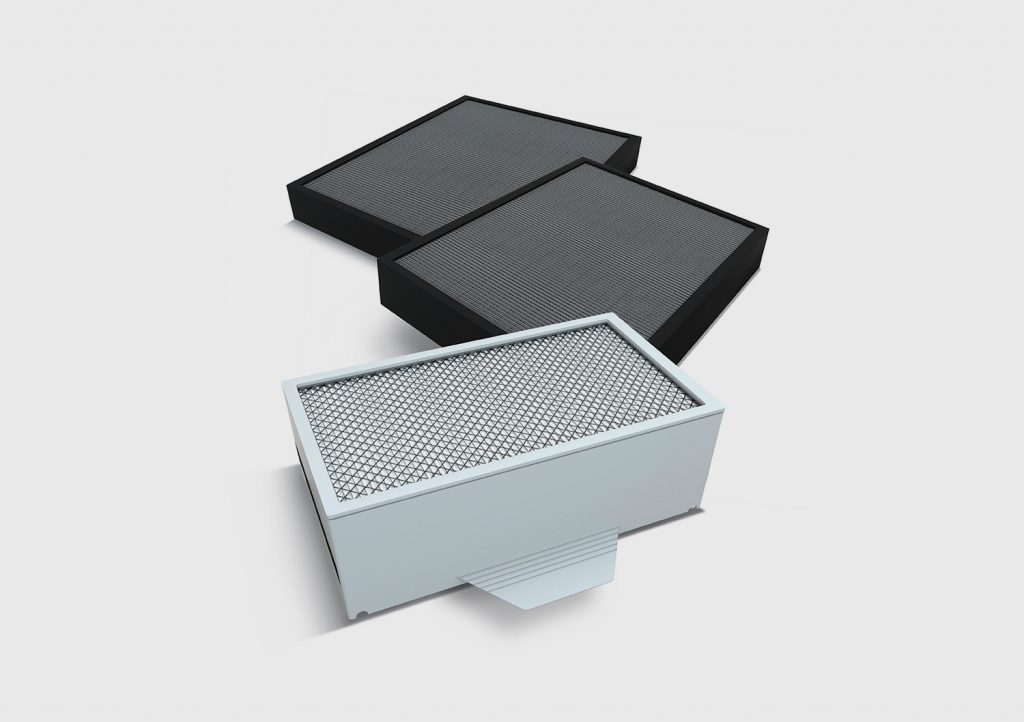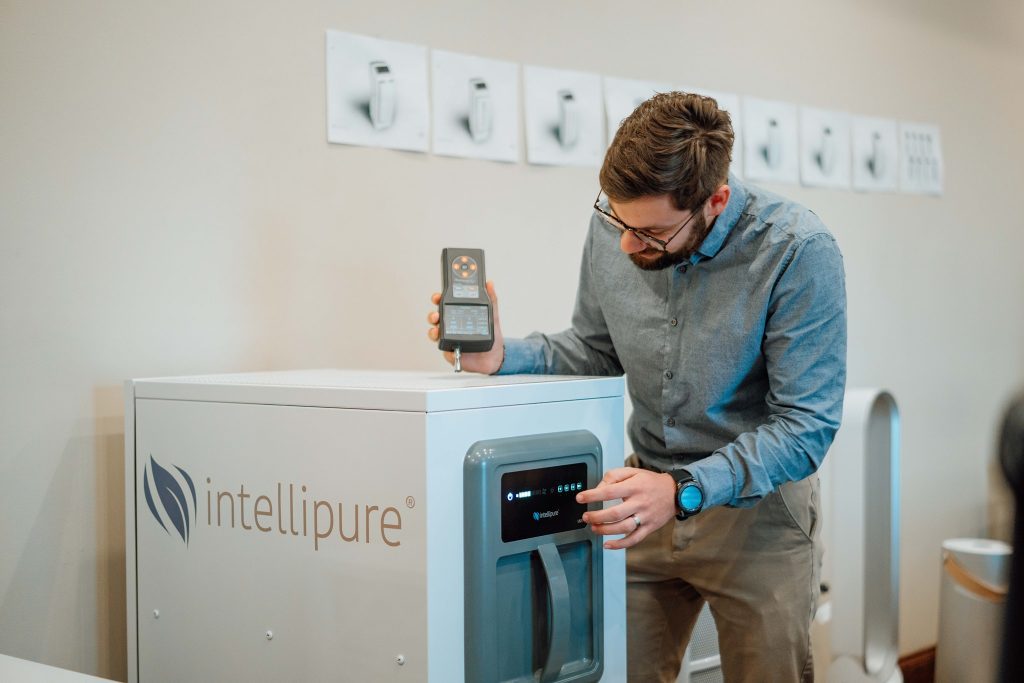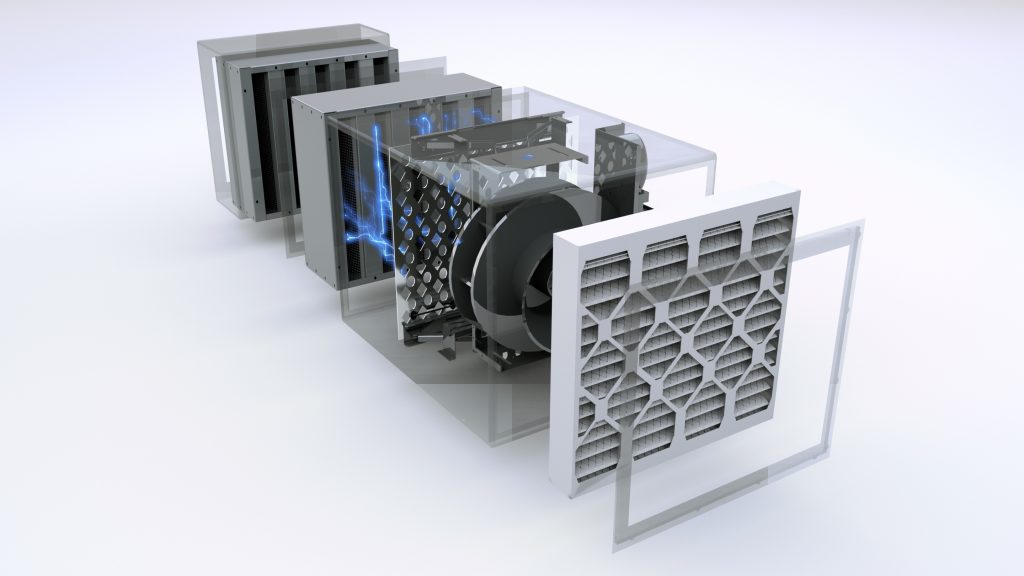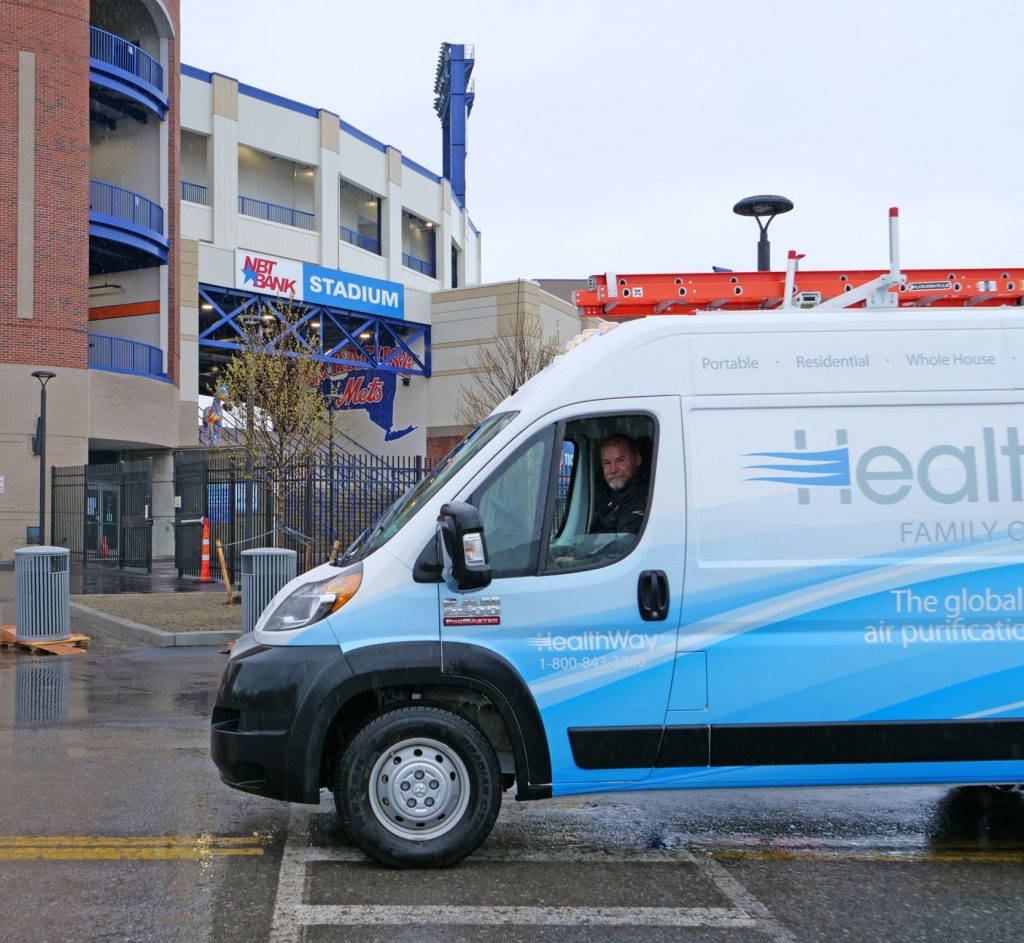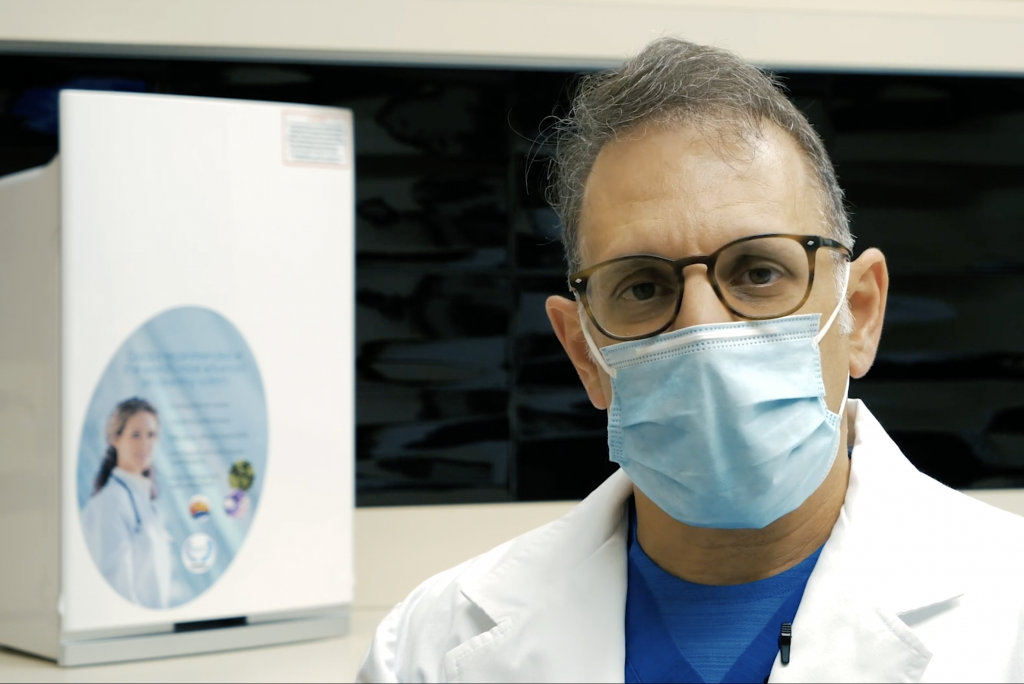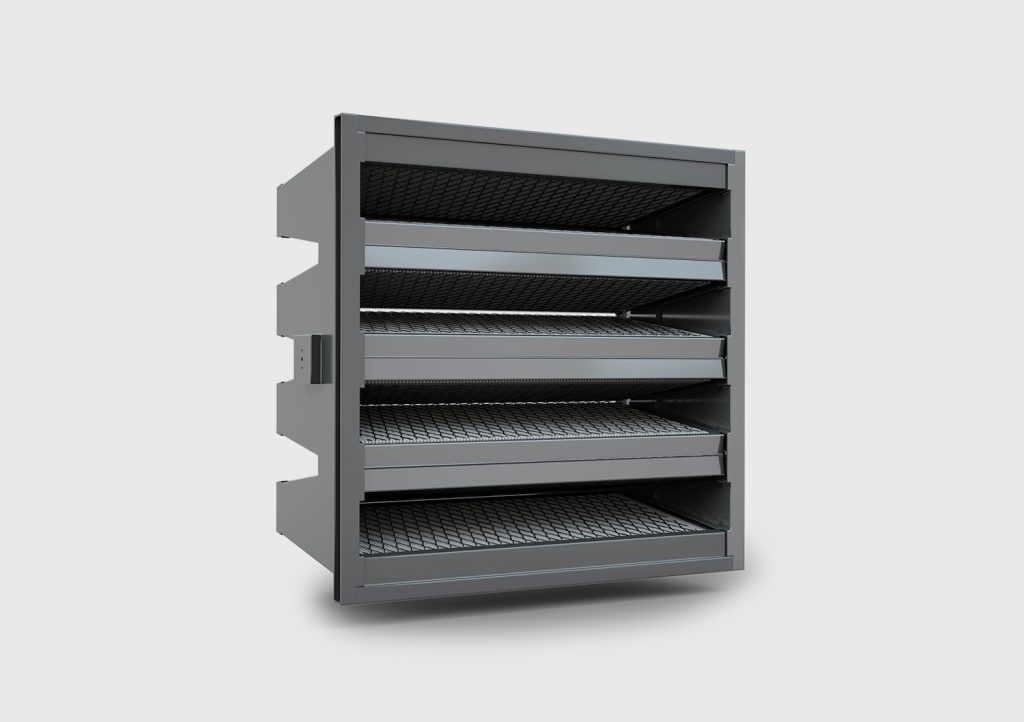HealthWay DFS vs UV vs Bipolar Ionization Air Cleaning Technologies
There are many different indoor air quality technologies on the market which makes comparing them all a daunting task. Let’s take a look at how HealthWay Disinfecting Filtration System (DFS) compares to Ultraviolet Light (UV) and Bipolar Ionization (BPI) methods of improving indoor air quality. By comparing these air cleaning technologies you can decide which one is best for your situation.
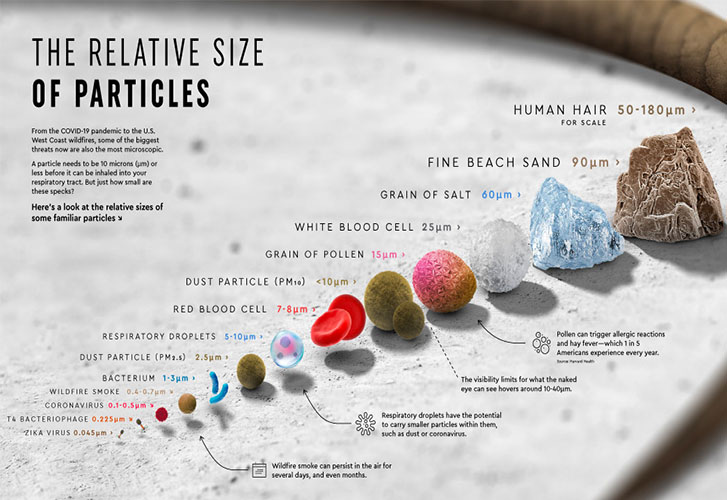
How They Work
DFS
HealthWay Disinfecting Filtration System (DFS) technology uses electronically enhanced filtration to attract and capture ultrafine particles. HEPA filtration standard is 99.97% down to 0.3 microns. DFS technology has shown to capture 99.97% filtration at 0.007 microns in a single pass. Third party kill kinetic testing shows captured bacteria and viruses are deactivated on the filter media reaching a 99.99% decay rate within 48 hours. HealthWay builds a complete offering of air filtration and purification solutions.
Ultraviolet Light (UV)
Ultraviolet Light (UV) claims to disable microorganisms by damaging the DNA, rendering them unable to reproduce. In order to be effective UV light contact resonance time must be considered. Strict design, installation, and maintenance standards must also be upheld for proper functionality. An ultraviolet light bulb mounted inside the air handling unit kills microbes on nearby surfaces. The UV bulb loses efficacy over time and must be replaced during scheduled maintenance. UV light does not filter air and must be used with a filtration system to capture particles and microorganisms.
Bipolar Ionization (BPI)
Bipolar Ionization (BPI) uses an ion generator located inside the air ducting or air handling unit. Positive and/or negative charged ions are added to the air and dispersed by the HVAC system. Charged ions attach to fine particulates and microorganisms. The ions disrupt microorganism functions, rendering them neutral.
When particles are grouped they can accumulate on physical surfaces for eventual cleanup or continue to be distributed in the air. Unless self-contained in a portable air puffier BPI relies on separate filter systems to remove any airborne particulates that may be recirculated. BPI must be used with a separate air filtration system to capture particles. Charged ions have a short lifespan and must be constantly replenished.
Conclusion
HealthWay’s DFS technology provides extremely high levels of efficiency and relies on self-contained filtration capabilities truly being an integrated solution for your air quality needs. This technology is 3rd party tested to show not only the capture efficiency but the decay rate of harmful viruses and bacteria. Both UV and BPI require a secondary system to actually filter the air that has been treated.
